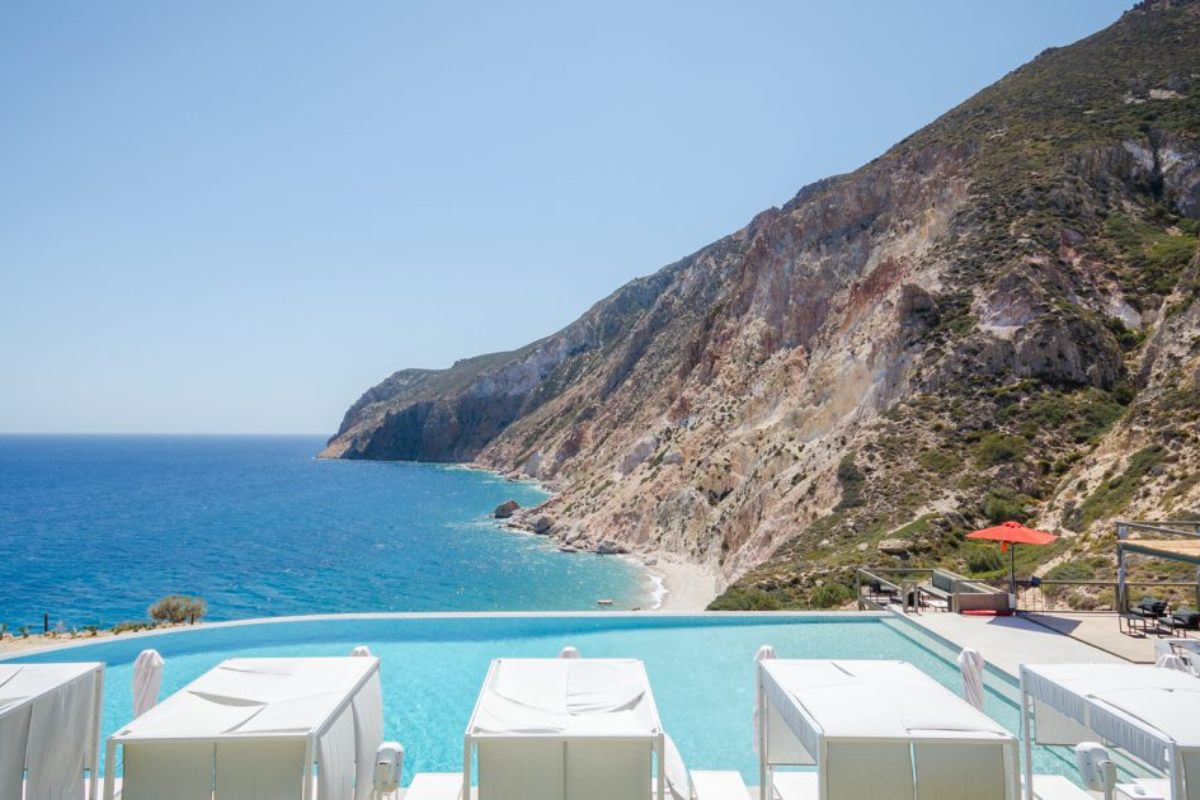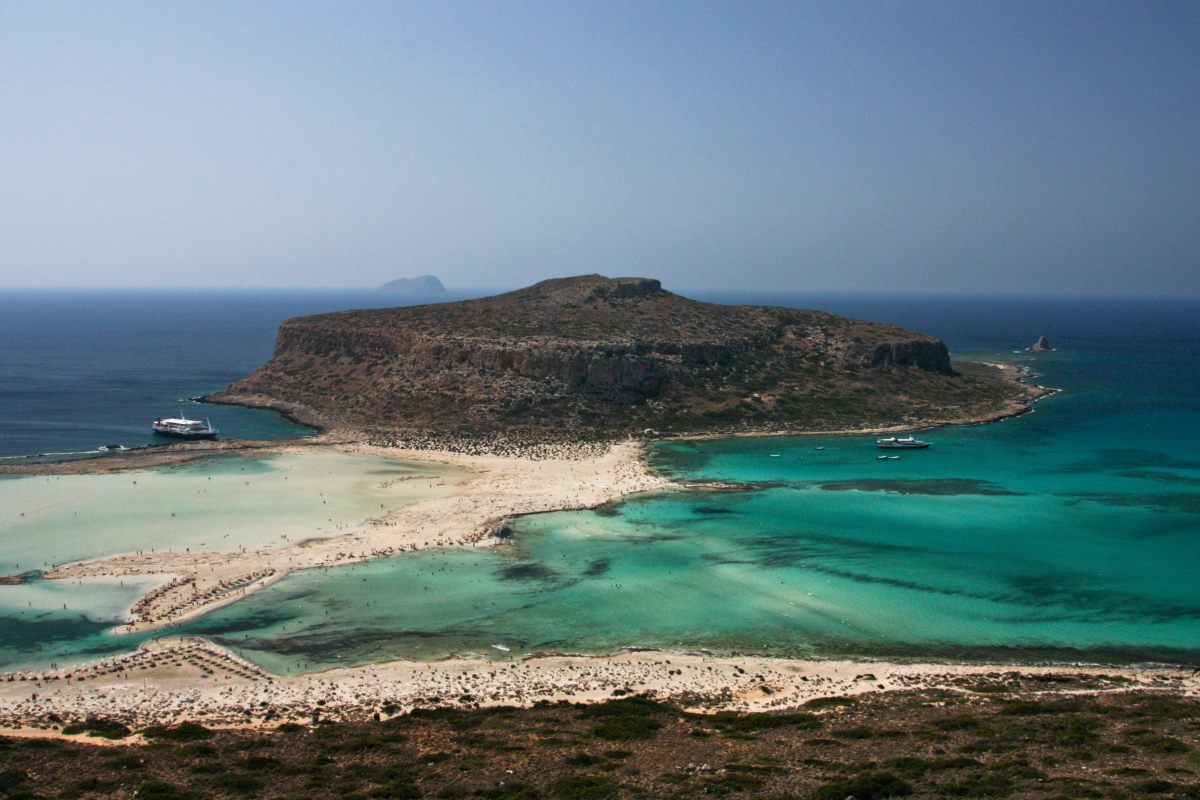ECOTOURISM AND SUSTAINABLE TOURISM: TRENDS
Journal / Hospitality & Travel / 19.11.23
Ecotourism and Sustainable Tourism: An Evolving Concept or a Necessity
In the hospitality industry, the transition towards ecotourism and sustainable tourism has evolved from a mere concept to an absolute necessity. The 2023 Sustainable Travel Report by Booking.com, drawing from over 33,000 travelers across 35 countries, highlights a critical dilemma: the need to balance cost-cutting with sustainable travel choices. With 74% of respondents recognizing the urgency for planetary preservation, it’s clear that sustainable tourism is no longer optional but essential for the future of travel. As hotel owners and managers, understanding and leading this movement is not just beneficial; it’s imperative for the industry’s survival and growth.
Global Interest and Trends
The global interest in sustainable tourism is not just a trend; it’s a paradigm shift. Despite economic challenges, 76% of travelers express a desire to travel more sustainably, a significant increase from previous years. This growing demand for sustainable options, however, is met with challenges, as 49% of travelers believe these options are too expensive. Yet, there’s a silver lining: 43% are willing to pay more for travel with sustainable certification. This data presents a unique opportunity for hotels to cater to this growing market by offering credible, sustainable options.

Luxury ecotourism is redefining the high-end hospitality sector.
It is rapidly transforming the high-end hospitality sector, offering a unique blend of luxury and environmental responsibility. This emerging trend appeals to a discerning market that values both comfort and sustainability, going beyond mere premium services to create experiences that are both luxurious and environmentally conscious.
In 2023, the demand for eco-friendly accommodations has surged among luxury travelers. They are increasingly drawn to hotels and resorts that not only promise indulgence but also demonstrate a strong commitment to sustainability. This includes the use of renewable energy, waste reduction practices, and the provision of organic, locally-sourced dining options.
The modern luxury traveler seeks authentic, culturally rich experiences. This desire extends to participating in activities like wildlife conservation, cultural immersion programs, and nature tours that offer a deeper connection with local communities and environments. The emphasis is on creating meaningful interactions that resonate with the ethos of ecotourism.
Sustainable practices are now a cornerstone of luxury travel. Discerning guests prefer establishments that incorporate eco-friendly materials in their construction and decor, adopt water conservation measures, and actively participate in protecting local ecosystems. This shift reflects a growing awareness of environmental impact among high-end travelers.
Wellness and nature have become integral to luxury ecotourism, with a focus on activities that promote physical and mental well-being in serene, natural settings. This trend includes offerings like yoga retreats, nature-based spa treatments, and outdoor adventure activities, all designed to provide rejuvenation and a deep connection with nature.
For luxury hotels, embracing these trends is an opportunity to redefine their brand and cater to an eco-conscious clientele. By integrating luxury with environmental responsibility, these establishments are not just meeting the evolving demands of travelers but are also positioning themselves as pioneers in a travel industry where sustainability and luxury are intertwined.

The Role of Hotels in Ecotourism
Hotels are at the forefront of the ecotourism movement. They have the power to influence traveler behavior and set new standards in sustainable hospitality. In 2023, hotels have become crucial in the ecotourism movement, significantly influencing traveler behavior and setting new standards in sustainable hospitality. They are transforming from traditional accommodations into active agents of conservation, community support, and environmental education.
A notable trend is the integration of authentic local experiences, with 75% of travelers seeking genuine interactions that reflect local culture, thereby contributing to the preservation of local heritage and ecosystems. Hotels are also embracing biophilic designs, merging natural elements with the built environment, appealing to eco-conscious travelers and differentiating their brand in the market.
Furthermore, hotels are championing responsible tourism by educating guests about local ecosystems and cultures and adopting eco-friendly amenities like biodegradable toiletries and locally sourced linens. This approach not only enhances the guest experience but also underscores a commitment to sustainability.
In essence, the role of hotels in ecotourism has evolved beyond mere lodging providers to become pivotal contributors to environmental conservation and cultural preservation, marking a significant shift in the travel industry towards prioritizing sustainability.
Recommendations for Hotels
For hotels venturing into sustainable tourism, a holistic approach is essential. This includes obtaining sustainable certifications, promoting local culture and traditions, investing in sustainable infrastructure, and educating staff and guests about sustainability. These actions not only enhance the hotel’s environmental and social impact but also position it as a leader in sustainable hospitality.
Sustainable certifications play a crucial role in the hospitality industry’s journey towards sustainability. According to the Sustainable Hospitality Alliance, certifications like LEED, BREEAM, Green Key, and Green Globe are not just badges of honor; they are indicators of a hotel’s commitment to environmental and social responsibility. For instance, ITC Hotels, one of the largest hotel chains, has achieved LEED Platinum Certification for all its luxury hotels, with ITC Windsor being the first hotel in the world to achieve “LEED Zero Carbon Certification.” These certifications help hotels independently assess and validate their impact, improve internal management processes, and demonstrate compliance with statutory and regulatory requirements. They also increase sales by appealing to environmentally conscious customers and engage employees who care about environmental and social issues. By obtaining these certifications, hotels can future-proof their properties to maintain long-term building value.

Eco-Friendly Practices for Hoteliers
In the realm of Eco-Friendly Practices for Hoteliers, a strategic and ethical approach encompasses a variety of impactful measures. Energy Efficiency and Renewable Energy Sources are crucial, with steps like conducting energy audits, switching to renewable energy such as solar panels, and transitioning to LED lighting. Water conservation is equally important, involving the installation of Low-Flow Fixtures, implementing Rainwater Harvesting systems, and utilizing water recycling. Waste reduction is addressed through comprehensive recycling programs, food waste management, and the elimination of single-use plastics. Emphasizing Sustainable Sourcing and Procurement, hoteliers are turning to local and organic products, eco-friendly cleaning products, and sustainable furniture. Promoting Green Transportation Options like electric vehicle charging stations and public transport information, along with engaging guests in sustainability through informative programs and incentives, further amplifies the impact. Additionally, adopting green building designs and eco-friendly landscaping, coupled with regular Employee Training and Involvement in sustainability initiatives, ensures a holistic approach to environmental stewardship in the hospitality industry.
Recommendations for Future Development
The INSETE Sustainability Report emphasizes the critical need for environmental and socioeconomic sustainability in tourism. It advocates for comprehensive strategies focusing on reducing the carbon footprint through better energy management, renewable energy use, and emissions offsetting. Engaging stakeholders and promoting sustainable behavior across the tourism sector is highlighted as a key strategy. This includes collaboration between government, private enterprises, and local communities. The report also stresses the importance of inclusive and equitable involvement of local communities, stimulating local entrepreneurship, and embracing diversity, equity, and inclusion initiatives.
Strategic actions addressing both environmental and socioeconomic sustainability are underscored, considering the impact of tourism on natural resources, communities, and the ecosystem. The adoption of regenerative tourism models is suggested, aiming to create a positive impact on local environments and communities, going beyond mere sustainability. Diversifying income streams to enhance resilience and reduce reliance on tourism income is recommended, exploring different market segments to mitigate economic and geopolitical risks.
Finally, ISNETE aligns with the United Nations principles of regenerative tourism and Sustainable Development Goals (SDGs), advocating for cultural stewardship, responsible environmental management, fostering collaboration, and adopting a holistic, living-systems approach. These recommendations guide the tourism industry towards a sustainable, inclusive, and environmentally responsible future, ensuring that tourism growth contributes positively to both the economy and the ecosystem.

Conclusion
The shift towards sustainable tourism and ecotourism presents a unique challenge and opportunity for the hospitality industry. By embracing these trends and integrating sustainable practices, hotels can contribute to a healthier planet and tap into a growing market of eco-conscious travelers. The time to act is now, and the future of tourism depends on the choices we make today.
At Mozaik we draw upon our deep knowledge and expertise to consult and promote eco-friendly hotels while ensuring their sustainability.
Sources
sustainablehospitalityalliance.org
insete.gr
globalnews.booking.com
